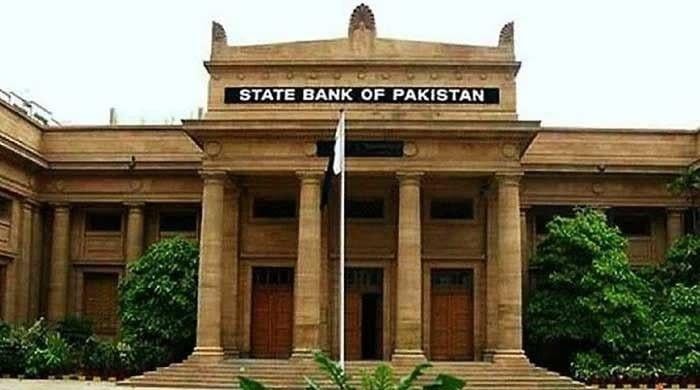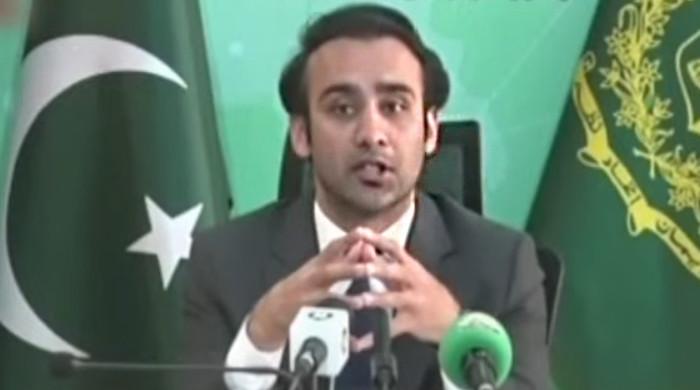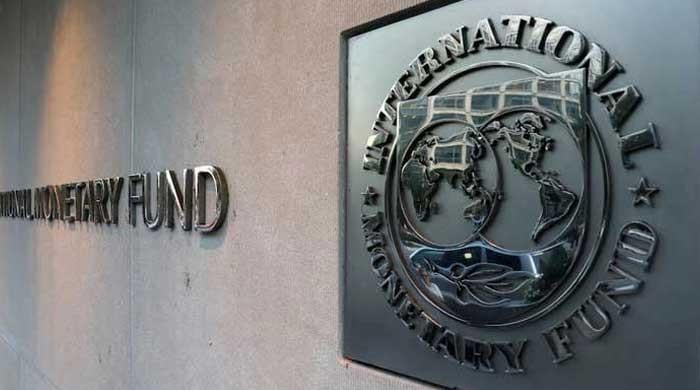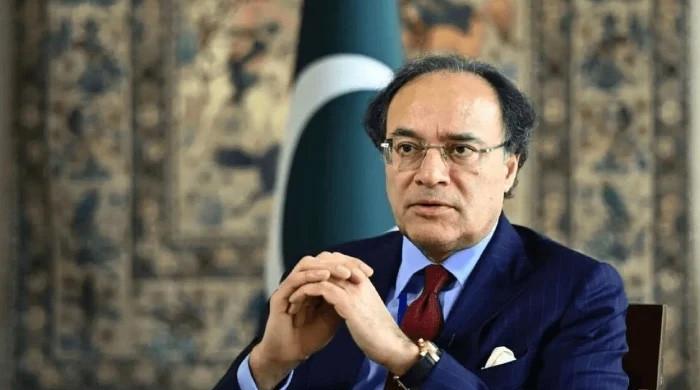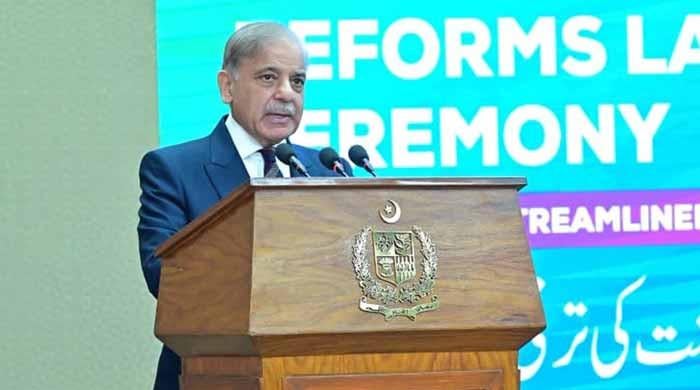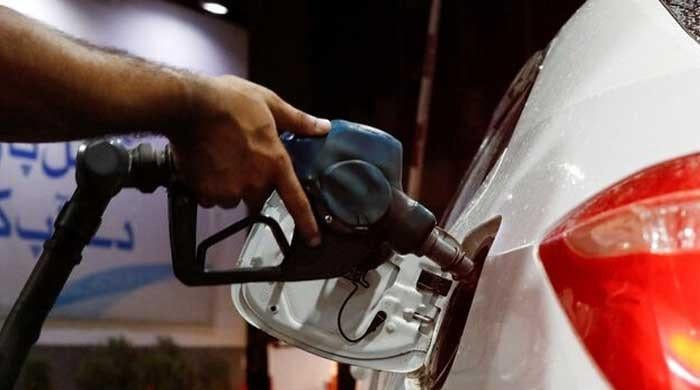Brazil inflation hits 18-year high
Latin America's biggest economy is being hit by both a recession and soaring prices
December 10, 2021
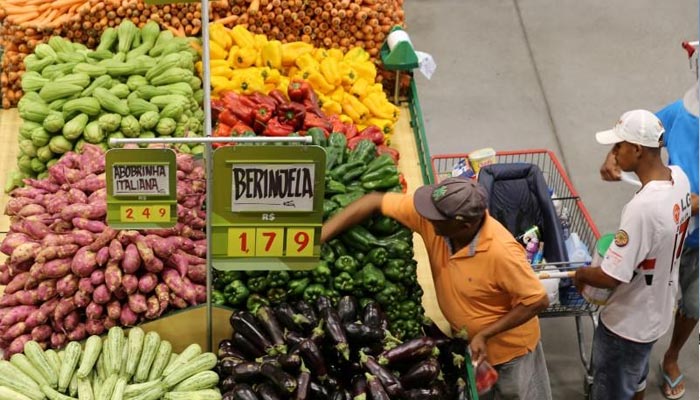
- Latin America's biggest economy is being hit by both a recession and soaring prices.
- Surging fuel, transportation and housing prices in Nov push inflation to the biggest year-on-year increase since 2003.
- Brazil's economy contracted by 0.4% in the second quarter of 2021 and 0.1% in the third.
RIO DE JANEIRO: Brazil's annual inflation rate hit an 18-year high of 10.74% in November, the government said Friday, although the monthly rate fell slightly, showing the central bank's aggressive tightening cycle may be starting to work.
Latin America's biggest economy is being hit by both a recession and soaring prices, giving the central bank the unenviable task of trying to break inflation without sending economic growth into a tailspin.
Surging fuel, transportation and housing prices in November pushed inflation to the biggest year-on-year increase since 2003, the national statistics institute said.
However, in a silver lining, food prices fell, helping slow the monthly inflation rate to 0.95%, down from 1.25% in October and below analysts´ expectations of 1.07%.
That came after the central bank made seven straight increases to the benchmark interest rate in a bid to bring down inflation, including whopping hikes of 1.5 percentage points at its last two meetings.
The Selic rate now stands at 9.25%, its highest since mid-2017.
The new inflation figures "provide a crumb of comfort that the headline rate is stabilising a bit earlier than had been widely anticipated," economist William Jackson of consulting firm Capital Economics said in a note.
But "the data still provides plenty for policymakers at the central bank to worry about," he added.
"It won´t deter them from hiking the Selic rate by another 150 basis points in February."
The central bank has been struggling to come anywhere near its inflation target: 3.75% for this year and 3.5% for next.
Double-digit inflation has left many Brazilian families struggling to make ends meet.
That has further weighed down President Jair Bolsonaro's already sinking popularity.
Polls currently place the far-right leader on track to lose to leftist ex-president Luiz Inacio Lula da Silva in elections next October.
Seeking a popularity boost, Bolsonaro has nearly doubled the average welfare payment for low-income families to 415 reais ($72) a month and moved to expand the number eligible.
However, analysts warn a jump in social spending may only further fuel inflation.
Brazil's economy contracted by 0.4% in the second quarter of 2021 and 0.1% in the third.




